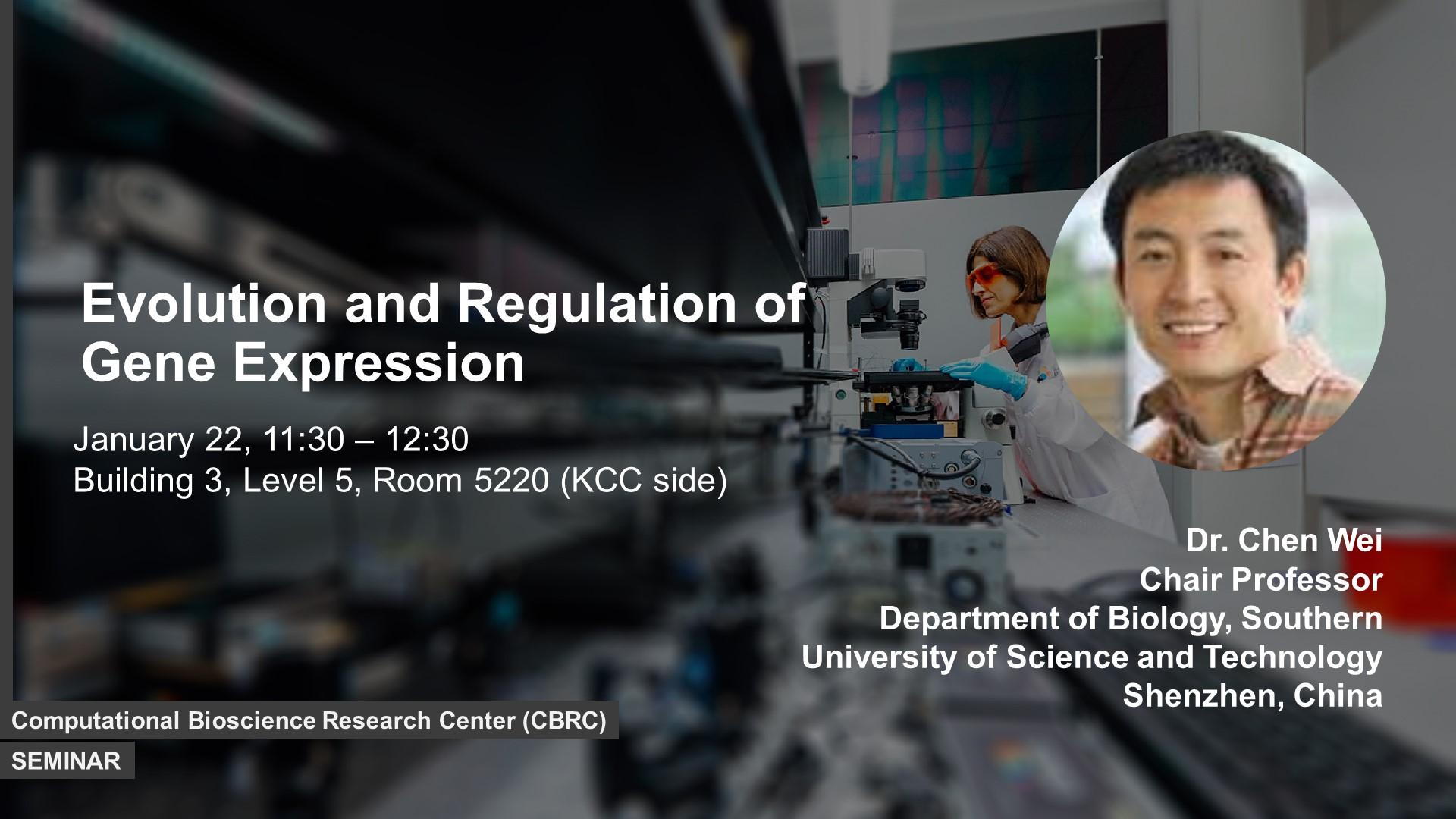Abstract
"DNA makes RNA makes protein." After transcription, mRNAs undergo a series of intertwining processes to be finally translated into functional proteins. Our previous studies, by genome-wide measuring the absolute copy number of mRNAs and their encoded proteins in both mammalian cells and yeast, clearly showed that transcription alone can explain at most half of the cellular protein abundance. The ‘post‐transcriptional’ regulation provides cells an extended option to fine‐tune their proteomes. To meet the demands of complex organism development and the appropriate response to environmental stimuli, every step in these processes needs to be finely regulated. Moreover, changes in these regulatory processes represent the major driving forces underlying the evolution of phenotypic differences across different species. In this talk, I will introduce our long-term goal on a global investigation of the post-transcriptional regulatory network in mammals, with an example on the genome-wide characterization of cis-elements in translational regulation.
Brief Biography
Dr. Chen obtained his Ph.D. degree from Max-Planck-Institute for Molecular Genetics, Berlin in 2006. He was trained in human molecular genetics and bioinformatics. Between 2007 and 2008, he stayed at the same institute and led a research group. His group developed one of the first experimental and data analysis pipelines for Illumina/Solexa sequencing. In 2009, he moved to the newly established Berlin Institute for Medical Systems Biology at Max-Delbrueck-Center for Molecular Medicine (MDC), Berlin, where he led Laboratory of Functional Genomics and Systems Biology. In 2015, he was appointed as a full (W3) professor at MDC jointly with Charité - Universitätsmedizin Berlin. In 2016, he was awarded the Thousand Talent Program from the Chinese government and moved back to SUSTech in Shenzhen, China. His lab has been developing various functional genomics assays based on the novel sequencing technology. The research interest of his lab is to understand the mechanisms underlying post-transcriptional gene regulation and their important role in causing human diseases.
